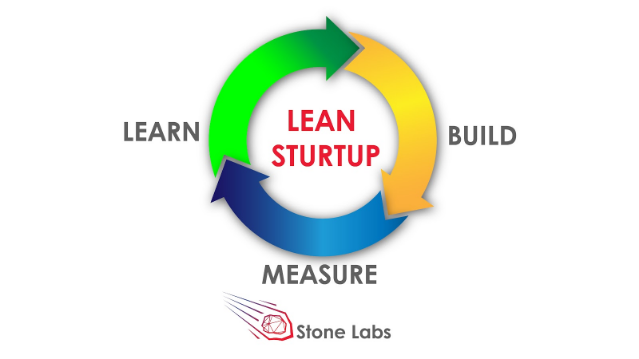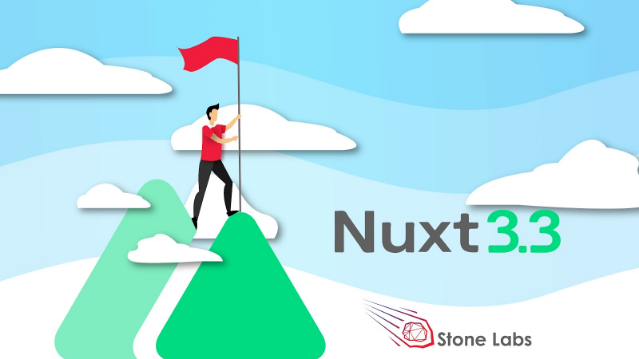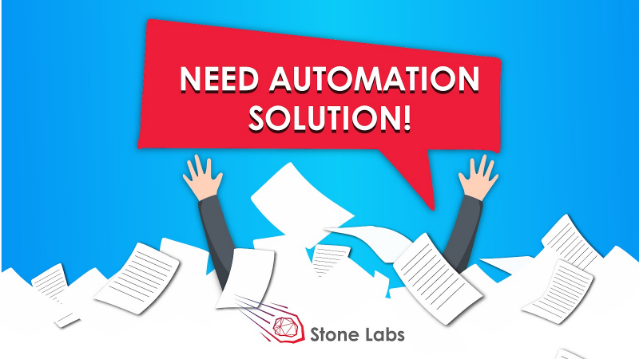In recent years, there has been a growing awareness of the impact that businesses have on the environment and society. As a result, many startups are now focusing on developing sustainable and green products and services that have a positive impact on the world. At Stone Labs, we are committed to supporting these innovative companies through sustainable software development.
What are Sustainable and Green Startups?
Sustainable and green startups are businesses that prioritize environmental and social responsibility in their products and services. These companies aim to reduce their impact on the environment, promote social equity, and create a sustainable future.
What is Sustainable Software Development?
Sustainable software development is the process of creating software products that are environmentally friendly, socially responsible, and economically viable. This includes using eco-friendly materials, reducing energy consumption, and minimizing waste. Sustainable software development also involves considering the long-term impact of software products on the environment and society.
- 5 Examples of the Most Interesting Green Startups in Germany
- Ecoligo – A company that provides solar energy solutions for businesses in emerging markets.
- Share – A car-sharing service that uses electric vehicles to reduce carbon emissions.
- ForestFinance – A company that allows individuals to invest in sustainable forestry projects.
- Too Good To Go – An app that helps restaurants and grocery stores reduce food waste by selling surplus food.
- Green City Solutions – A company that develops urban infrastructure solutions to improve air quality.
How Stone Labs is Applying Sustainable Software Development Principles
At Stone Labs, we are committed to applying sustainable software development principles in every project we undertake. For example, we use virtual meetings and remote collaboration tools to reduce travel expenses and minimize our carbon footprint. We also prioritize using energy-efficient hardware and cloud-based solutions that reduce energy consumption.
In conclusion, sustainable and green startups are paving the way for a more sustainable future. At Stone, we innovative companies through sustainable software. By applying sustainable software development principles in every project we undertake, we can help our clients reduce their environmental impact while improving their bottom line. Together, we can create a better future for our planet and society.




